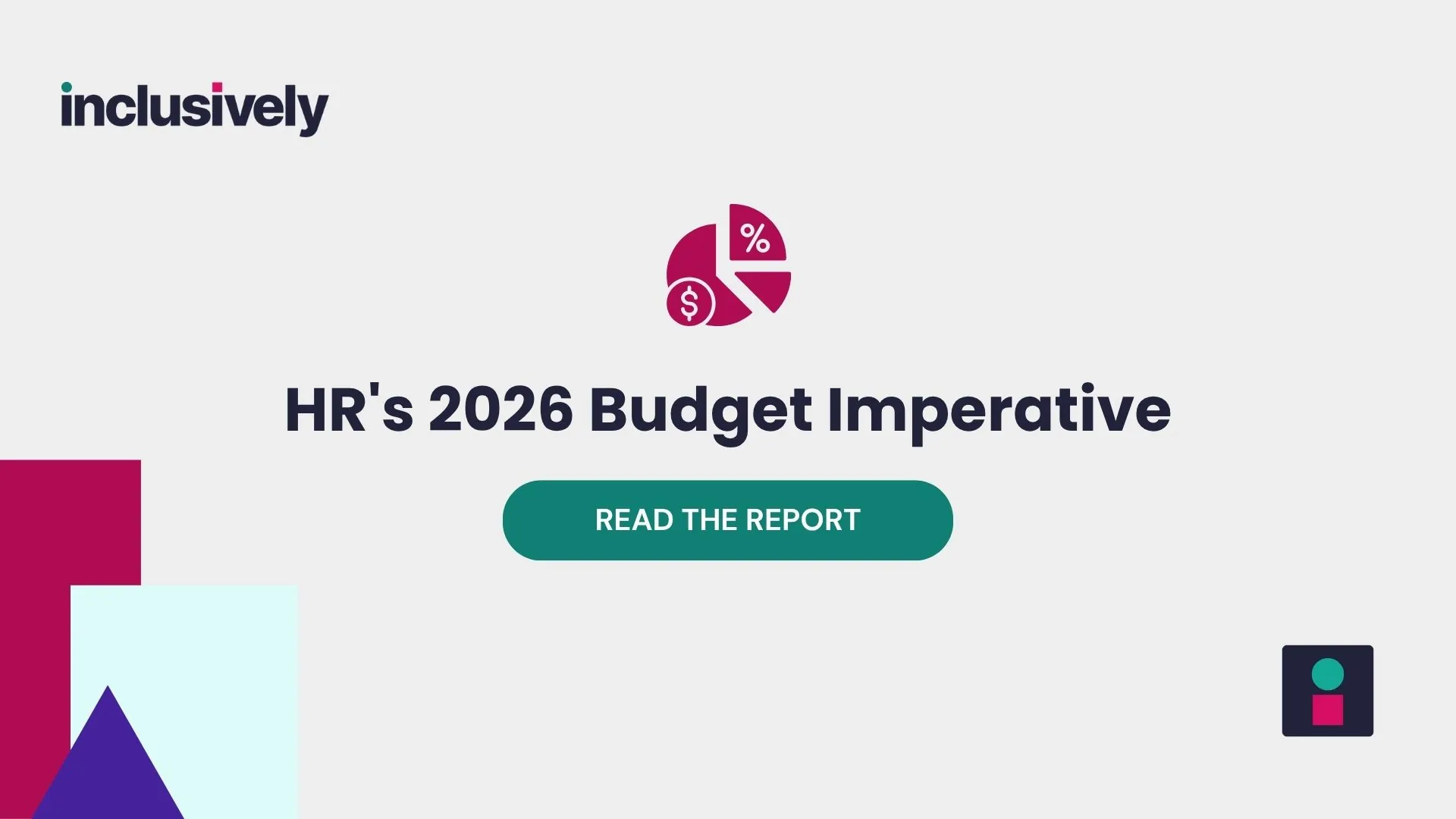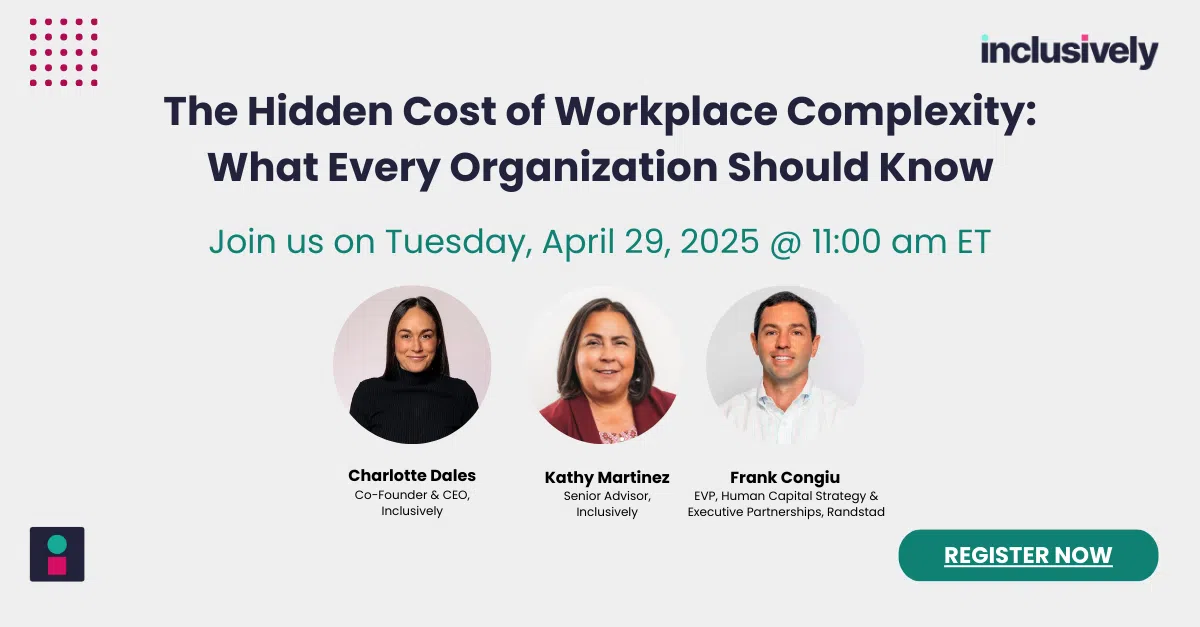Anxiety, which involves intense worry and fear, isn’t only a personal issue — it affects all parts of someone’s life, including their job. For numerous people, the struggle with anxiety doesn’t end when they enter their workplace. In fact, the work environment can often increase their anxiety levels.
From meeting tight deadlines and interacting with various colleagues to facing unpredictable challenges, the workplace is a hub of potential triggers.
Conversely, the right job environment can be a haven, acting as a therapeutic space where one can find purpose, structure, and understanding.
In this blog post, we’ll delve into the intricate relationship between anxiety and the professional realm, highlighting how the nature of one’s job can either exacerbate or alleviate anxiety symptoms. Furthermore, we will explore a range of job profiles that align with the needs of those looking to balance their mental health and career aspirations.
If you are interested in.
We invite you to join our platform as a job seeker and explore real-time job postings from employers willing to accommodate your needs.
Understanding Anxiety in the Workplace
Anxiety is not just a fleeting feeling of nervousness before a significant event; for many, it’s a chronic condition that encompasses a series of symptoms. Anxiety disorders, which include generalized anxiety disorder, panic disorder, and social anxiety disorder, among others, are characterized by persistent and excessive worry about various aspects of life, including work. These disorders can manifest in both physical symptoms, such as rapid heartbeat or tremors, and psychological symptoms, like constant worry or fear.
Within the confines of the workplace, numerous factors can act as catalysts for anxiety. High-pressure scenarios, tight deadlines, or even interpersonal dynamics can become overwhelming triggers. For someone already grappling with an anxiety disorder, certain work environments can accentuate their symptoms, making daily tasks seem insurmountable. For instance, a job that involves constant public speaking might be challenging for someone with social anxiety disorder, while unpredictable work hours might agitate someone with generalized anxiety disorder.
Factors That Contribute to Low-Stress Jobs
So, what constitutes a low-stress job? The answer might vary for different individuals, but certain universal factors can help in mitigating workplace-induced anxiety:
Predictable Schedules: Knowing one’s work timings in advance offers control. This predictability allows individuals to plan their day, mentally prepare for tasks, and manage their personal life, reducing the element of surprise and uncertainty.
Clear Job Roles and Expectations: Ambiguity can be a major stressor. When an individual is clear about their role, responsibilities, and expectations, it eliminates the guesswork and anxiety of underperforming or overlooking tasks.
Supportive Management and Coworkers: A supportive work environment where superiors and peers understand and respect one’s boundaries can be invaluable. Knowing that you can approach your management with concerns and having coworkers who share workloads fairly can alleviate feelings of isolation or being overwhelmed.
Minimal Workplace Politics or Drama: Office politics, gossip, or constant interpersonal conflicts can be draining and anxiety-inducing. A straightforward, transparent work environment where everyone is treated fairly and drama is kept to a minimum can greatly contribute to an individual’s mental peace.
Options for Solitude or Controlled Interaction: While teamwork is essential, some individuals may find solace in jobs that allow moments of solitude or controlled interactions. For instance, a role where one can sometimes work independently or from home can relieve those who find constant interaction exhausting.
Finding the right balance in one’s professional life, especially when dealing with anxiety, is a combination of personal awareness, understanding job roles and being in a supportive environment. Recognizing these factors and actively seeking them out can pave the way for a fulfilling and less stress-inducing career.
Top Low-Stress Job Recommendations
The importance of finding a job that aligns with one’s mental well-being cannot be stressed enough. Particularly for individuals who grapple with anxiety, a conducive work environment can play a pivotal role in balancing professional success and mental health. Here are some job recommendations that are generally considered low-stress, offering a balance of structure, solitude, and creativity.
Librarian
Description: A librarian’s role revolves around managing and organizing a collection of books, assisting patrons in their reading and research needs, and often conducting community events such as book clubs or reading sessions.
Why it’s Low Stress: Libraries, by nature, are quiet, structured environments. The predictability of tasks and the tranquil setting can be therapeutic for many. Dealing with books and aiding in research can also be intellectually fulfilling without the pressure of tight deadlines or high-stake responsibilities.
Additional Benefits: Interaction with diverse groups of people can be controlled and is often limited, allowing for meaningful yet not overwhelming social interactions.
Animal Caretaker
Description: Animal caretakers are responsible for the daily care of animals, ensuring their well-being, feeding, grooming, and overseeing their general health.
Why it’s Low Stress: Tasks are often repetitive and straightforward, centering around nurturing and bonding with animals. The presence of animals can be therapeutic and calming, reducing feelings of stress.
Additional Benefits: For those who love animals, this job provides an emotional connection that can be immensely satisfying and grounding.
Plant Nursery Worker
Description: Plant nursery workers care for young plants, ensuring they receive proper sunlight, water, and nutrients. They may also assist customers in choosing plants and provide advice on plant care.
Why it’s Low Stress: The routine of caring for plants in a predictable environment provides a calm and therapeutic setting. Interactions with nature and greenery are known to reduce stress and elevate mood.
Additional Benefits: Working outdoors or in greenhouses can be refreshing. For those with a green thumb, seeing plants thrive due to their care can be incredibly gratifying.
Graphic Designer
Description: Graphic designers create visual content to communicate messages through digital or print media.
Why it’s Low Stress: The job allows for creative expression, which can be therapeutic. While collaboration is sometimes required, many projects can be completed individually, offering a blend of teamwork and solitude.
Additional Benefits: Like technical writers, many graphic designers have the option to freelance or work remotely, giving them more control over their workspace and schedule.
Horticulturist
Description: Horticulturists study and care for plants, working in settings ranging from greenhouses to botanical gardens
Why it’s Low Stress: Working closely with nature can have a calming effect on the mind. The tasks, though diverse, revolve around nurturing and understanding plants, offering a break from the digital screens and urban hustle.
Additional Benefits: Direct interaction with nature has been proven to have numerous mental health benefits. The serene environment, coupled with the tangible results of one’s efforts as plants grow and flourish, can be immensely rewarding.
While these job recommendations are generally considered low-stress, it’s crucial to remember that individual experiences may vary. What’s calming and structured for one might not be the same for another. Personal introspection and a thorough understanding of job roles can guide individuals toward making informed career choices that resonate with their mental well-being.
Benefits of Low-Stress Jobs for Individuals with Anxiety
Living with anxiety can be an everyday challenge, and the professional environment one is exposed to can either alleviate or exacerbate this condition. Opting for low-stress jobs can be a transformative choice for many individuals grappling with anxiety. Here are some of the benefits:
Improved Mental Well-being: A less stressful work environment can significantly boost overall mental health. The reduced daily stressors allow for better mental clarity, focus, and a general sense of well-being. A positive work setting can act as a refuge and provide relief from external stressors.
Reduced Anxiety Flare-ups: Consistent exposure to high-stress situations can lead to frequent anxiety flare-ups. In contrast, a calm and structured job can limit these episodes, ensuring that individuals remain in control and can manage their anxiety more effectively.
Higher Job Satisfaction and Retention: Individuals are more likely to enjoy their roles and stay longer with a company if they feel mentally at ease and valued. Low-stress jobs often correlate with a higher level of job satisfaction, leading to greater job loyalty and reduced turnover.
Better Work-Life Balance: Low-stress jobs often allow for a better work-life balance, enabling individuals to pursue hobbies, spend time with loved ones, and engage in activities that nourish the mind and soul.
Conclusion
Aligning one’s personal well-being with professional roles isn’t just a matter of personal comfort; it’s a critical factor influencing overall job performance, satisfaction, and long-term mental health. A job that respects and nurtures an individual’s mental well-being can serve as a potent buffer against external stressors and provide a foundation for growth and fulfillment.
Employers play a pivotal role in shaping the workplace environment. Recognizing and catering to the diverse needs of their workforce is not just a nod to inclusivity but a sound business strategy. Diverse needs require diverse solutions. By creating flexible, understanding, and supportive work environments, employers can unlock the full potential of their teams, leading to increased productivity, reduced turnover, and a happier, more engaged workforce.
As we move forward, it’s our collective responsibility to champion workplaces that recognize the importance of mental well-being. By doing so, we pave the way for a future where work nourishes the mind and soul, where every individual can thrive.


